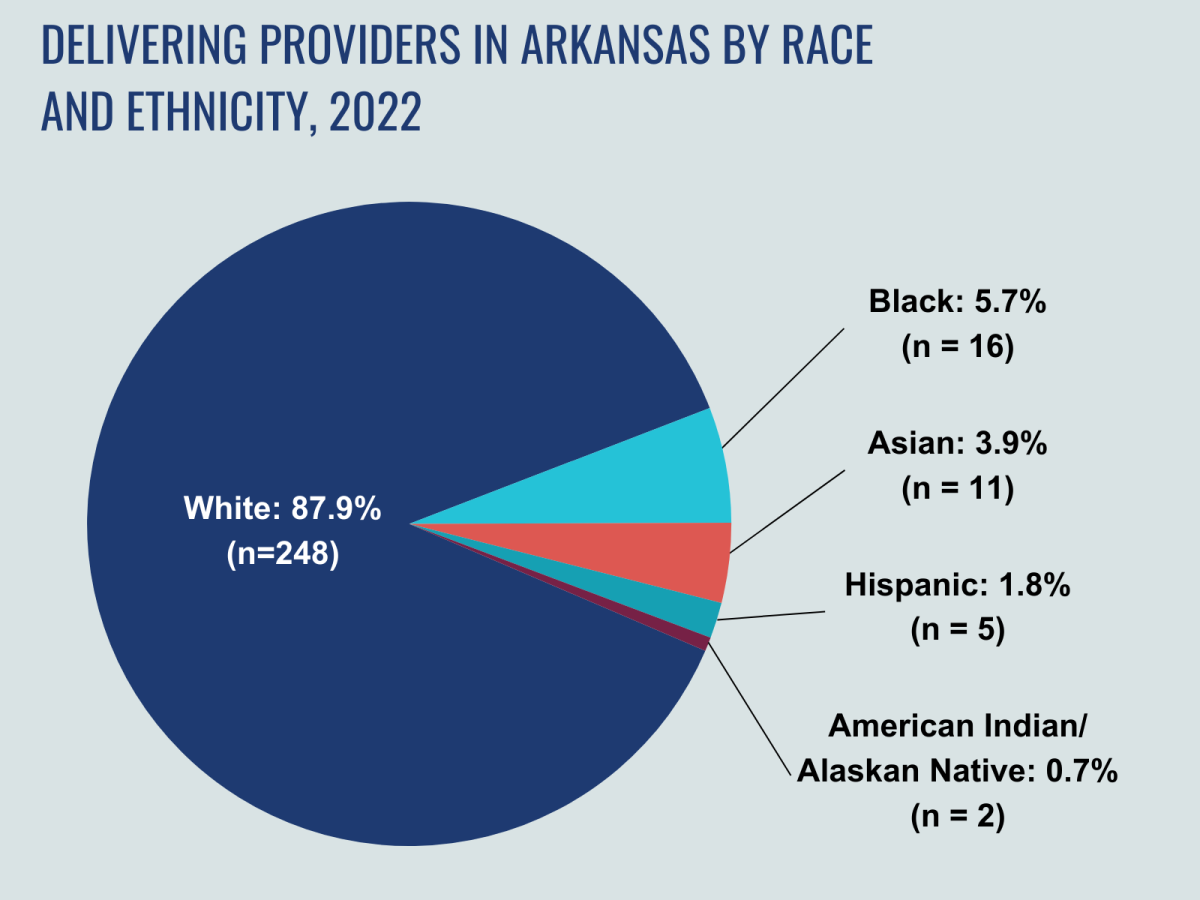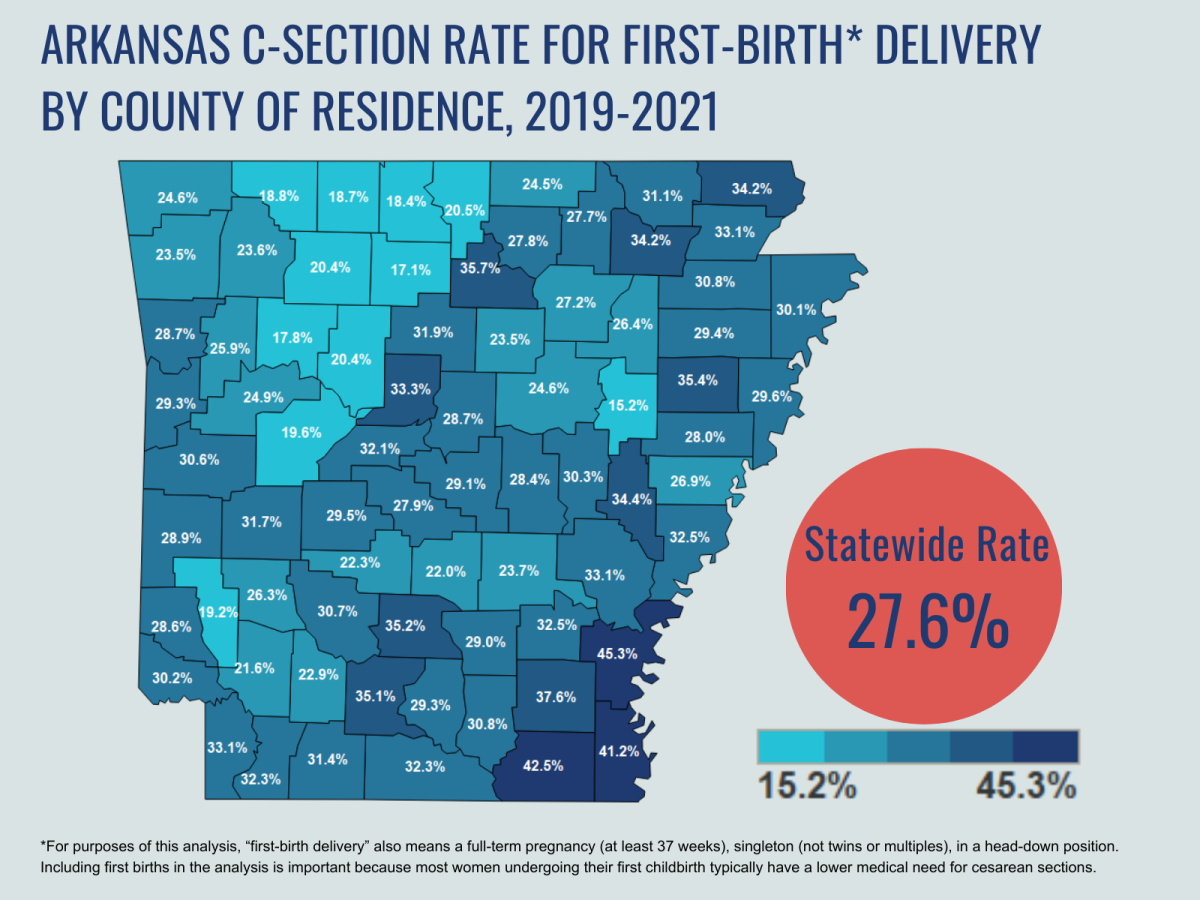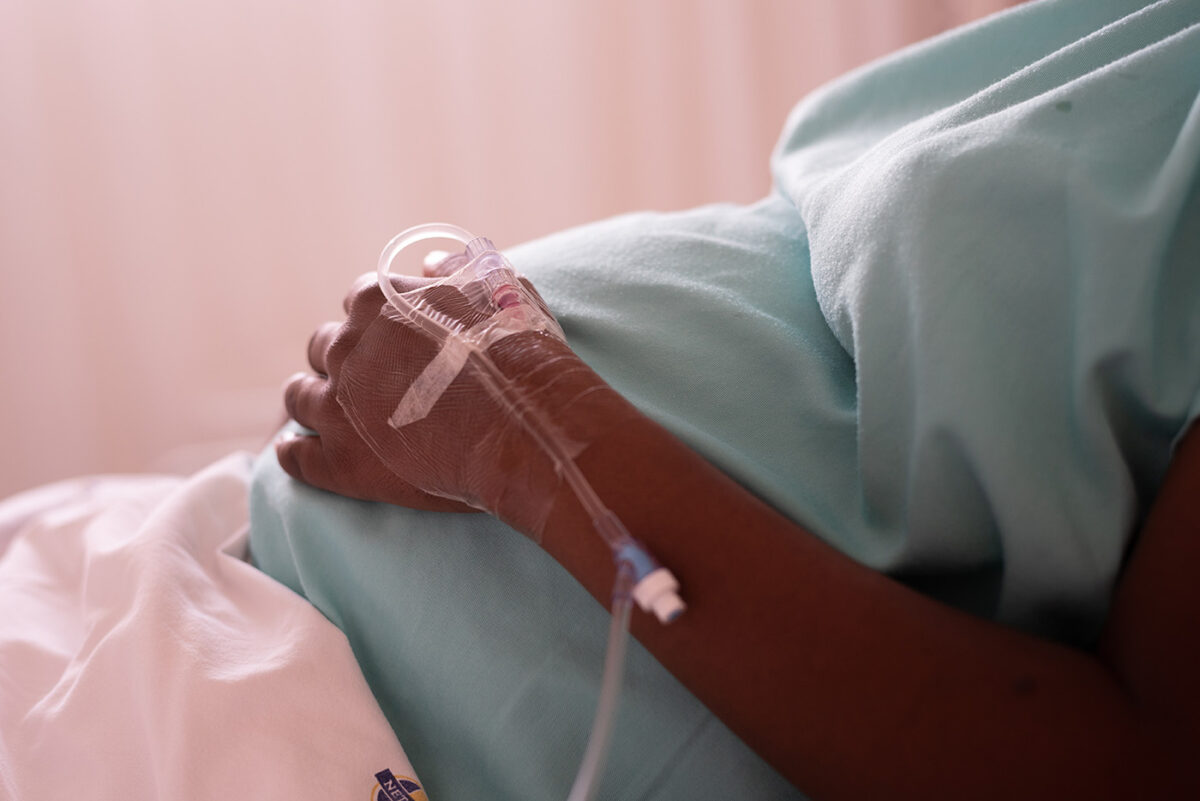
Author
John Lyon
Strategic Communications Manager
Contact
ACHI Communications
501-526-2244
jlyon@achi.net
As state agencies, hospitals, community groups, and other organizations across Arkansas work to address the state’s maternal health crisis, a key focus of these efforts is expanding support for mothers throughout the birthing journey. To improve maternal health outcomes and better provide appropriate support for mothers in rural areas or among culturally diverse populations across the state, community-based birthing companions such as doulas can play an important role.
Doulas are trained to provide physical, educational, and emotional support to pregnant and recently pregnant mothers. Their positive impacts have been found to be greatest for women who face challenges such as low incomes, the absence of a partner, or language and cultural barriers.
“There are many threats along [the birthing] journey, and doulas can help mitigate some of those risks to achieve better outcomes,” ACHI President and CEO Dr. Joe Thompson said earlier this year. “We need to use every tool to promote the successful outcomes our families deserve and we all desire.”
Studies have found that when the race or ethnicity of patients are aligned with those of their healthcare providers, patient-provider communications and preventive healthcare utilization tend to be improved compared with patient-provider relationships without racial or ethnic alignment. In Arkansas, however, mothers of color are unlikely to deliver with healthcare providers of the same race or ethnicity.

An ACHI analysis of Arkansas Department of Health birth records and Arkansas State Medical Board licensure files found that in 2022, 91.1% of White mothers in the state delivered with a healthcare provider of the same race or ethnicity, but only 11% of Black mothers, 3.8% of Hispanic mothers, and 3.4% of Asian mothers delivered with a healthcare provider of the same race or ethnicity. Among Pacific Islander or American Indian/Alaska Native mothers, none delivered with providers of the same race or ethnicity.
Our analysis also included a look at the racial and ethnic makeup of Arkansas’s delivering providers. We found that in 2022, 87.9% of delivering providers in the state were White, 5.7% were Black, 3.9% were Asian, 1.8% were Hispanic, and 0.7% (two providers) were American Indian/Alaska Native.

Cultural competency and team diversity are important goals for those who provide health care to a diverse and evolving patient population. Doulas and other birthing companions can improve the birthing experience by providing mothers with tailored, culturally congruent support and advocacy — i.e., providing support while being mindful of and familiar with a mother’s cultural practices and values. With several of the state’s hospitals having closed labor and delivery services, doula services can be especially valuable in rural parts of the state where access to delivering providers is limited.
The presence and support of a trained doula can also reduce the odds of delivery by cesarean section (C-section). A vaginal delivery is the safest method for most pregnancies, but 1 in 3 deliveries in Arkansas between 2019 and 2021 were performed by C-section. An ACHI analysis also found that among Arkansas mothers giving birth for the first time, C-section rates vary greatly based on where they live: from as low as 15.2% in Woodruff County to as high as 45.3% in Desha County.

Policy options for expanding and supporting the use of doulas in Arkansas include providing Medicaid coverage for doula services and establishing infrastructure and standards for training and certifying doulas. At least 12 states currently provide Medicaid coverage for doulas services, and at least eight others are in the process of implementing doula coverage.
A report on maternal health by Northwest Arkansas-based nonpartisan think tank Heartland Forward quotes Thompson as saying, “Licensing and certification establishes a baseline level of skills to provide oversight and enable those individuals to become part of the paying health care system so they can have sustainable wages. The doulas, the community health workers, the peer individuals, they bring real value by having reach into the community. The medical care system does not reach out into the community, so these roles serve as a bridge.”
The ACHI Health Policy Board is on record supporting “strategies, including financing, that will increase access to and use of trained and certified birthing companions such as doulas to provide emotional and educational support to parents as they navigate the birthing journey and improve outcomes for mothers and babies.”
For more information, see our explainer on doulas, our analysis of who is delivering babies in Arkansas, and our infographic highlighting nine points on a healthy birthing journey.






